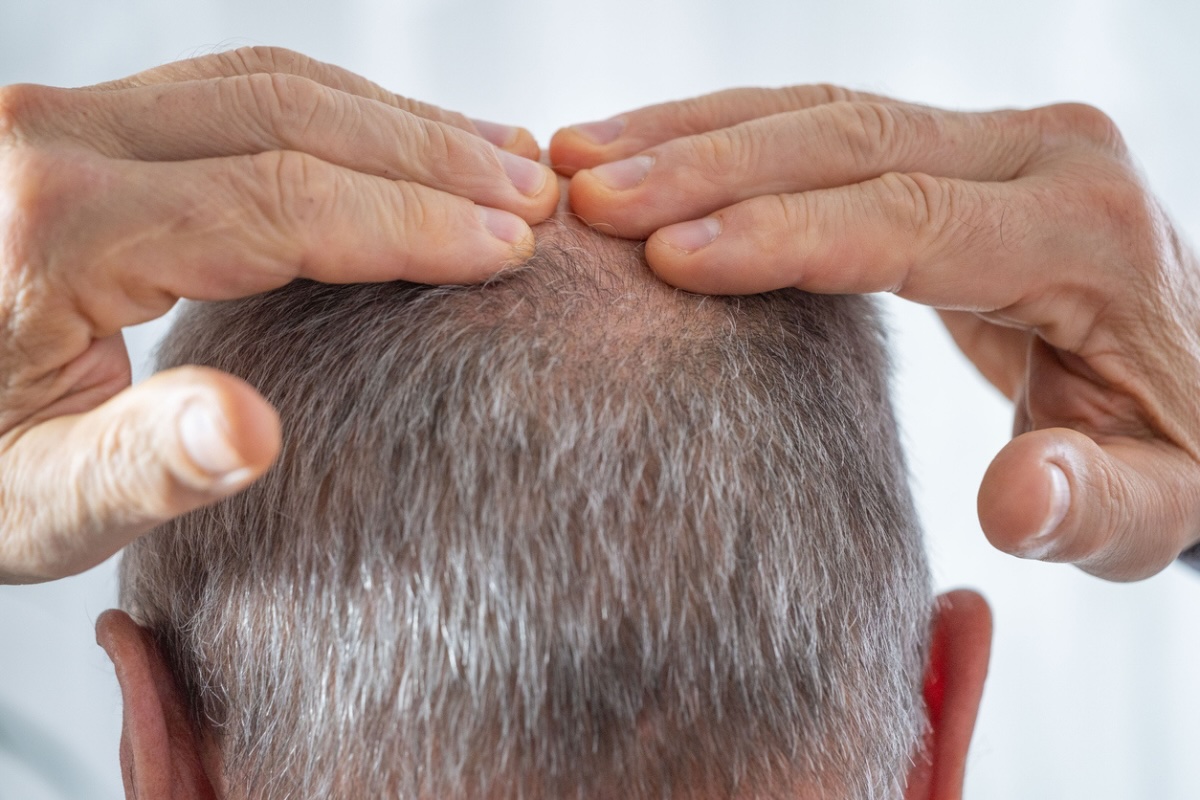At a time when political rhetoric has fueled record public health budget cuts (or at least proposed cuts) new research shows that curbing out-of-pocket costs for mental health services under Medicare improved depression treatments in older adults.
Even so, the study’s authors insist that a federal push for routine depression screening could make a bigger difference.
Methodology
The researchers conducted an economic evaluation of more than 5,800 Medicare beneficiaries with a depression diagnosis. As they combed through the data, the team noted a significant uptick in outpatient mental health service use after the implementation of Medicare cost-sharing parity. This policy cut back patient cost-sharing for outpatient mental health services from 50% to 20%, finally reconciling it with the traditional cost-sharing structure for physical health care.
The study, which appeared in JAMA Network Open, pulled on data from the national Medical Expenditure Panel Survey (2008–2019). The researchers found that parity led to an average jump of 0.54 outpatient mental health visits per person per year.
The proportion of beneficiaries with at least one visit crept up 6.6% annually, and intensity of use among those already seeking care also rose. TOut-of-pocket costs for services also increased – by an average of $12.25 a year.
Mental Health Parity, Screening Work Together
Researchers also noticed a utilization shift after 2016, coinciding with the U.S. Preventive Services Task Force (USPSTF) recommendation that caregivers routinely screen every U.S. adult for depression. Sensitivity analyses revealed that the impact of service price parity waned once researchers accounted for the USPSTF guideline, which suggests that the policy played a vital part in driving utilization.
“Parity removed a financial barrier, but screening likely addressed a broader access issue by helping patients get diagnosed and referred,” the authors wrote. “Together, the policies appear more effective than either alone.”
Before the policy shift, Medicare beneficiaries struggling with depression faced increasingly prohibitive costs for mental health services. This economic disparity hindered access to care while reinforcing lingering negative stereotypes surrounding mental health care.
The researchers discovered that, after the implementation of cost-sharing parity, overall service use jumped dramatically. By 2019, the proportion of Medicare beneficiaries with depression who had at least one outpatient mental health visit increased nearly 100%, up from 67% in 2008.
At the same time, the average number of annual outpatient visits more than doubled, from 2.25 in 2008 to 4.90 in 2019. The authors also saw that psychotherapy visits spiked.
Mental Health Expenditures Also Increase
The increase in parity and utilization also helped drive up mean out-of-pocket expenditures rose slightly. However USPSTF’s 2016 advisory letter led to a 28% jump in the proportion of beneficiaries receiving outpatient mental health care. And average visits kept climbing.
Researchers suggest that depression screening likely prompted more diagnoses and referrals, closing the gap between awareness and treatment.
“Cost-sharing parity and depression screening appear to be mutually reinforcing,” the authors added. “One reduces the financial burden, while the other improves detection and normalizes treatment. Together, they help overcome multiple barriers to care.”
Call to Action
The authors wrap up their paper with a plea to policymakers to bundle cost cutting with broader screening and referral initiatives. It’s especially critical, they argue, at a time when mental health care demand appears to exceed public funding for it.
“This is a reminder that fixing one barrier to care is not enough,” the authors concluded. “To meaningfully improve access, financial, clinical, and structural challenges must be addressed together.”
Further Reading
Quality Indicators in Community Mental Health Services
Lonely Seniors More Likely to Die After Surgery
Older Adults Visiting Emergency Departments for Mental Health Issues



